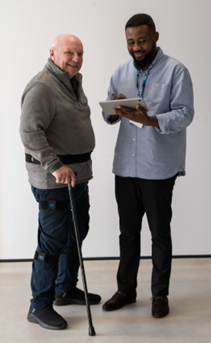16 January 2026
NHS to protect children against chickenpox following vaccination schedule change
Children in Bedfordshire, Luton and Milton Keynes will be offered routine immunisation against chickenpox on the NHS, following a change to the MMR vaccine. Children…


